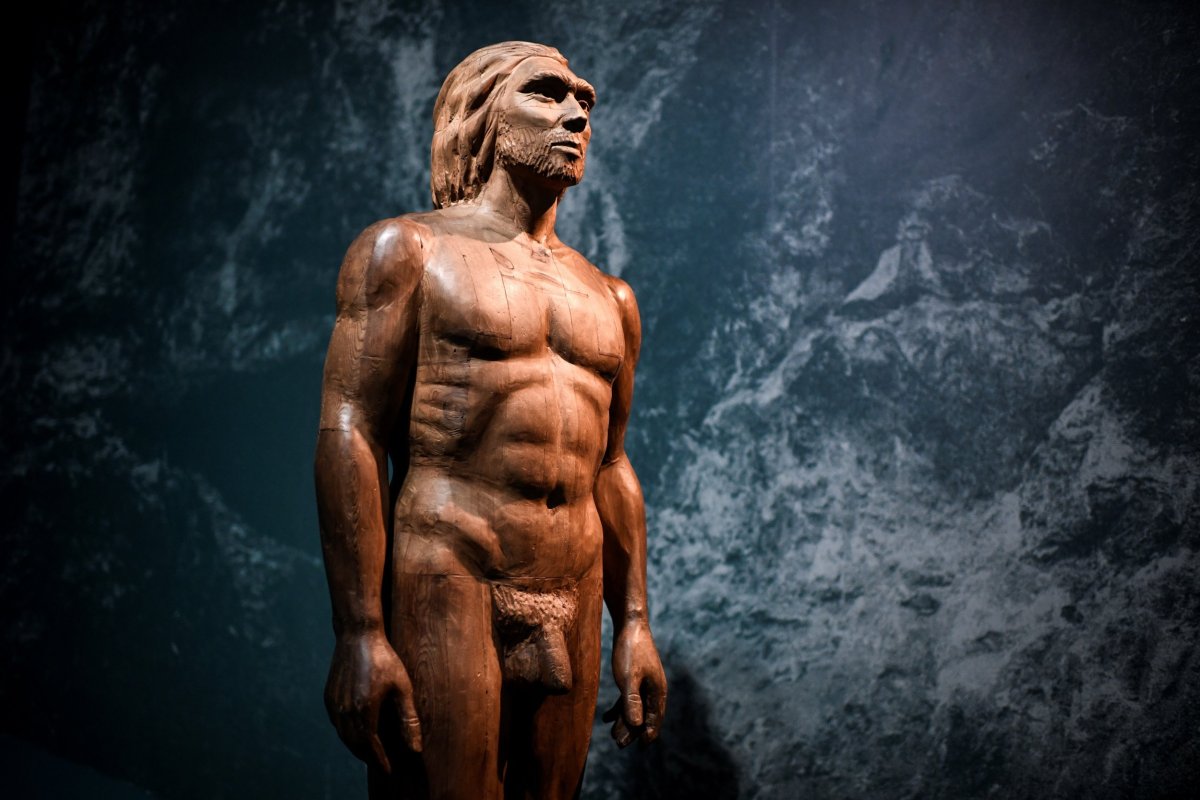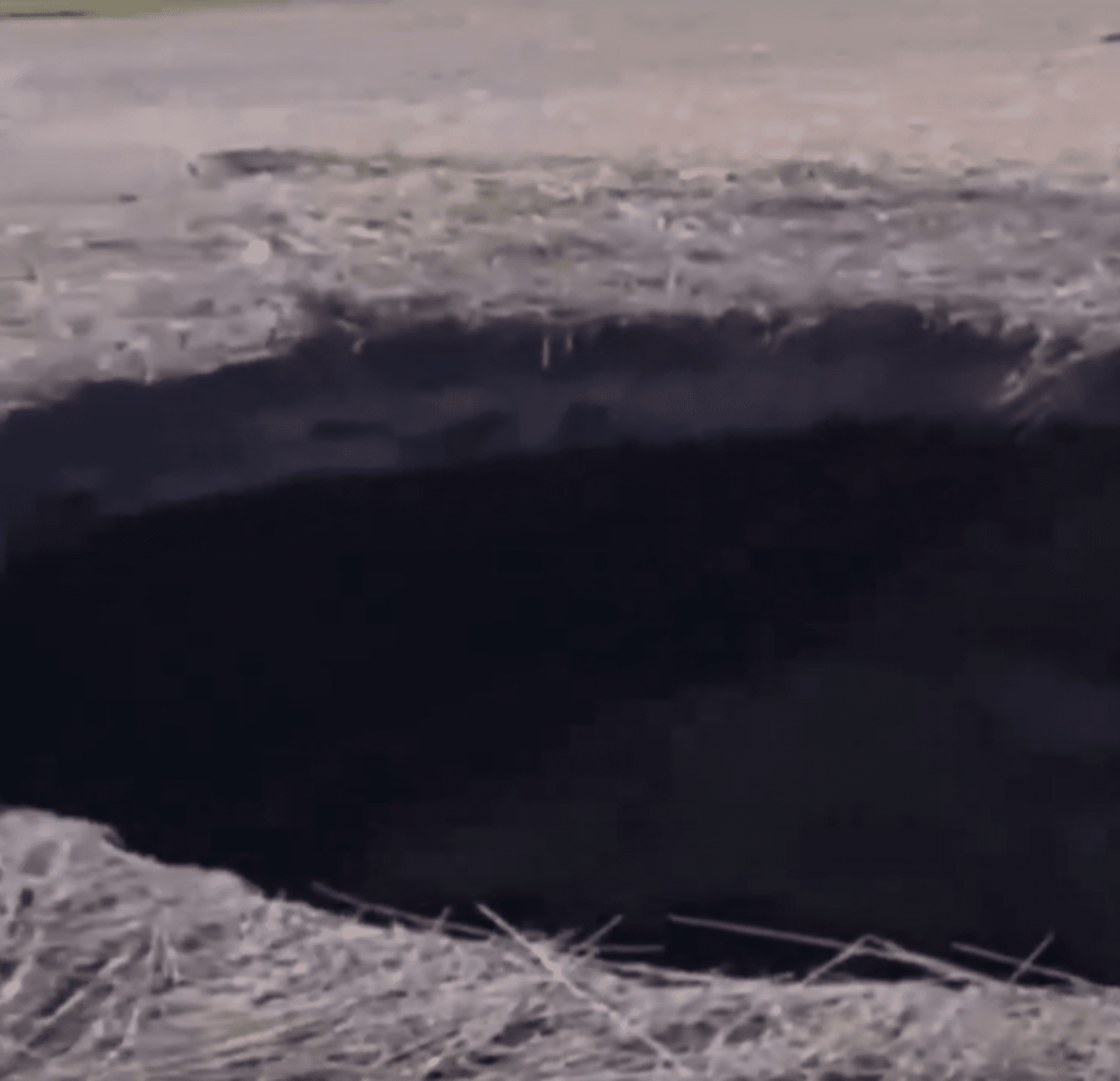In the popular imagination, Neanderthals are strong, brutish and unsophisticated. However, research into perhaps the most prominent of our extinct relatives is increasingly showing that this view is rather innacurate.
A study published in the journal Quaternary Science Reviews is the latest to challenge the traditional image of Neanderthals. In the paper, researchers from the University of York in the U.K. argue that Neanderthals embraced healthcare practices, such as aiding women with childbirth and looking after the sick and injured.
There is evidence of Neanderthal healthcare practices going back at least 1.6 million years, but previous research has primarily viewed them as an example of complex cultural behavior, often associated with rituals and symbols related to death.
"We knew of several isolated cases of care—such as the famous man at Shanidar with many serious impairments—and these showed that Neanderthals were able to look after individuals who were seriously ill or injured, often for a long period of time," Penny Spikins, from York's Department of Archaeology, told Newsweek.
"However, these cases were seen as isolated interesting behavior. We wanted to look at the whole pattern of cases of care, what that care meant, and to understand why it was important to survival."
In the latest work, the researchers suggest, for the first time, that healthcare was a fundamental survival strategy for Neanderthals, not simply something they did—i.e. a cultural practice. These behaviors were highly effective at improving health and reducing mortality risk, offering an evolutionary advantage.
The team came to its conclusions after investigating the skeletal remains of more than 30 Neanderthal individuals who had suffered minor and serious injuries and recovered afterwards. Some of these injuries may have healed on their own or required simple remedies, such as food and rest. But others, such as a broken leg, would have needed significant levels of care because of the high risk to life.
Neanderthals lived in small groups, so any loss of life was particularly significant to the survival of the whole community. In this context, helping an individual to regain health would have benefited the group as a whole.
"We drew together all the known cases of care and considered why care might have contributed to survival—including care for those more common injuries, which are unlikely to leave any trace archaeologically," Spikins said.

"We showed that the high frequency of injuries and recovery [observed in the remains] fitted into a lifestyle in which Neanderthals needed to be able to survive injuries in order to find enough food to survive in the environments that they lived in," she said. "Care is not just something which makes Neanderthals more 'human' in our eyes but [was] essential to survival and may well have been a significant factor allowing humans to move into an ecological niche of being predators."
Injury rather than disease was the most common threat because Neanderthals didn't tend to live in the types of environments, or in large enough communities, to be at high risk from pathogens.
Neanderthal women, however, were at risk from difficulties arising from childbirth, which would likely have required assistance from midwife-like figures. Without this support, the death rate of mothers and babies in the community may have been too high for them to be sustainable.
According to the researchers, healthcare should be seen as part of a pattern of evolutionarily significant collaborative behavior, alongside hunting, food sharing and parenting. In a broad sense, the study highlights how care practices were essential to what made humans successful, Spikins said.
Furthermore, the findings will contribute further to changing attitudes about Neanderthals. This trend has been amplified by a number of factors, according to Spikins. For example, in recent years, evidence has revealed the significant genetic contribution of Neanderthals to modern humans. Meanwhile, increasing attention has been given to Neanderthal mortuary practices and art. In fact, researchers recently announced that the oldest cave paintings in the world were likely made by our ancient relatives.
There has been much discussion among researchers over the question of when Neanderthals became extinct, although it is estimated to have happened not much earlier than 40,000 years ago—a time when modern humans were spreading over Europe.
"There is some overlap between the two species and a low level of interbreeding," Spikins said. "There are many different explanations for how they become extinct, and it is entirely plausible that extinction had little to do with the arrival of modern humans as Neanderthals lived at low population levels and were prone to regional extinctions in any case. Neanderthals were different in subtle ways to modern humans, but how these differences affected whether they survived or not—or whether modern humans had any part to play or not—is a big area of debate."
Uncommon Knowledge
Newsweek is committed to challenging conventional wisdom and finding connections in the search for common ground.
Newsweek is committed to challenging conventional wisdom and finding connections in the search for common ground.
About the writer
Aristos is a Newsweek science reporter with the London, U.K., bureau. He reports on science and health topics, including; animal, ... Read more
To read how Newsweek uses AI as a newsroom tool, Click here.








